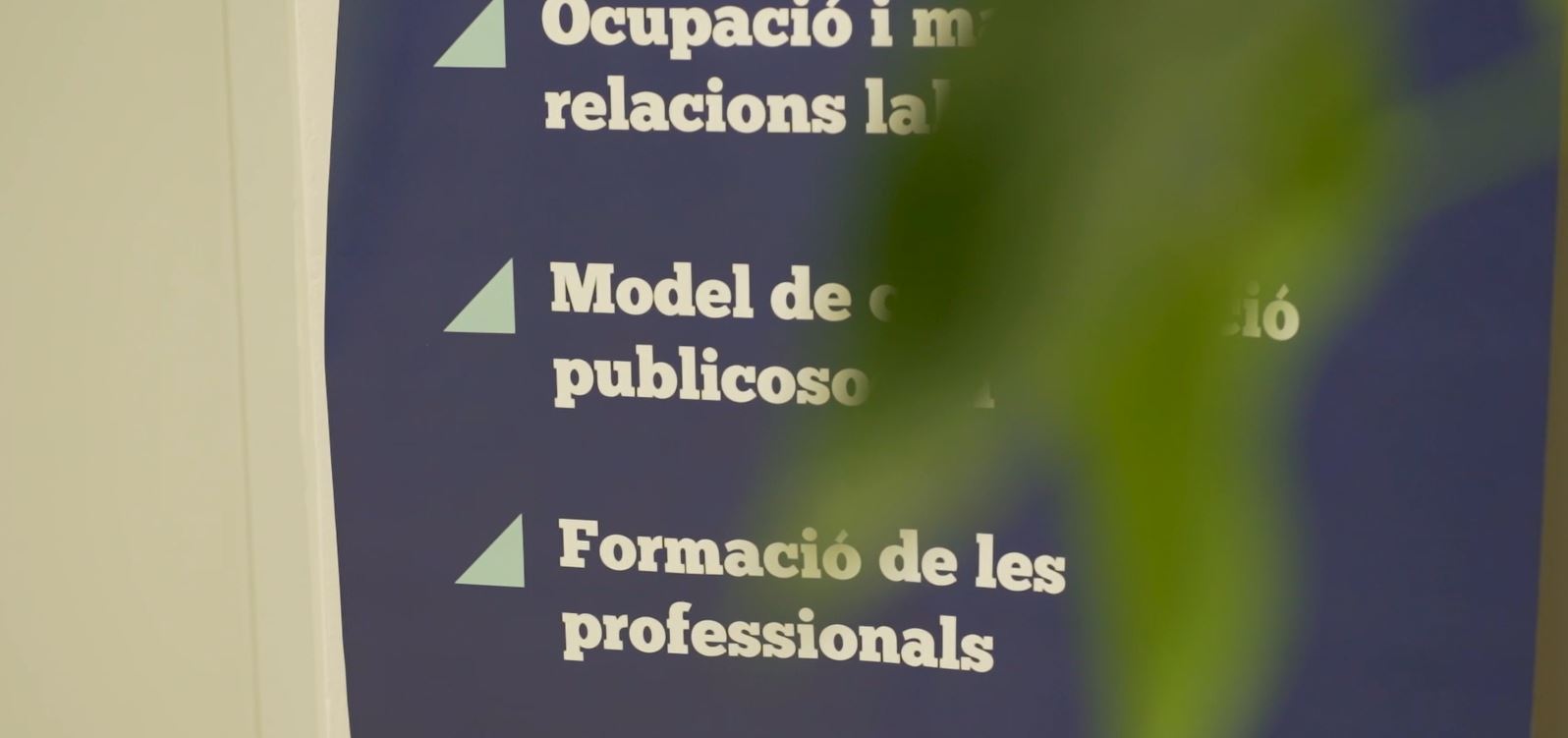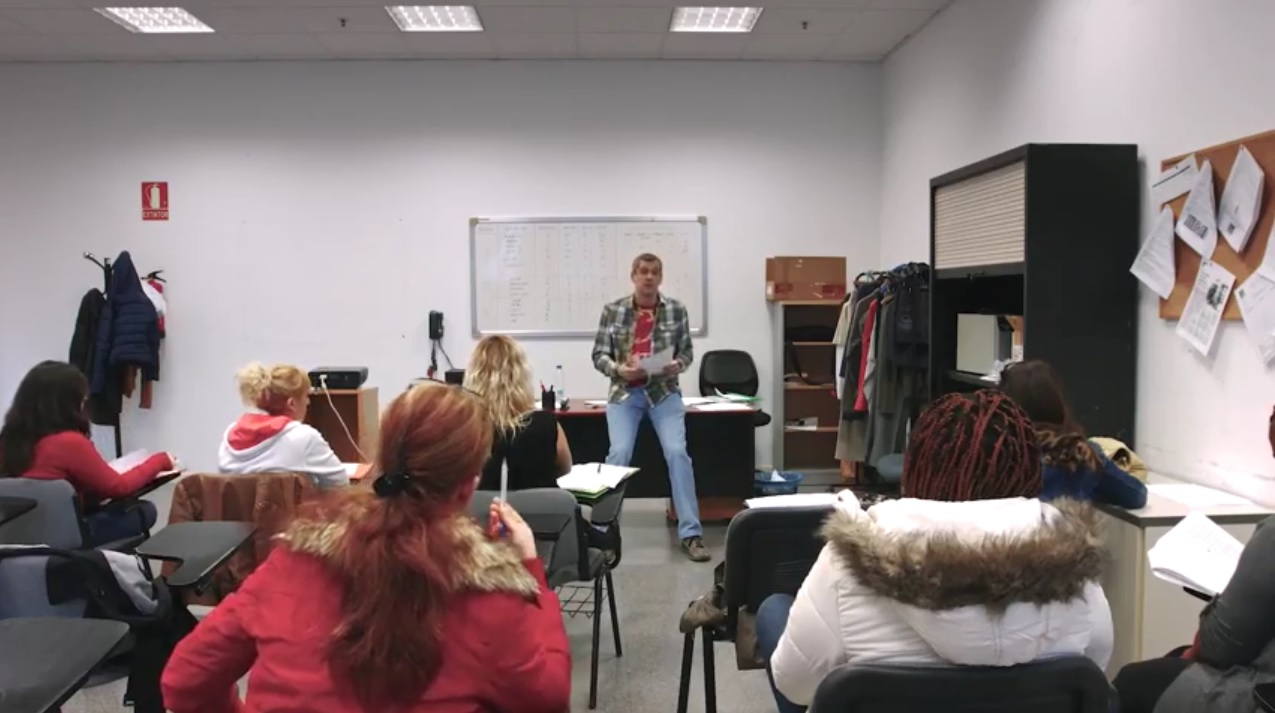
E-learning actions manager
Description
These professionals coordinate the development of a course on the web, with the purpose that the target persons acquire competence of a specific professional or occupational area. Their functions include planning, coordinating, supporting and evaluating the training action within virtual learning platforms.
They also have specialized technical skills in one area of knowledge (which determines the contents of the training action and its level of qualification), a methodological and didactic competence to teach the training action, as well as technological competence, since they must master distance training systems via the Internet.
Tasks
- Analyse the needs and training demands of students.
- Design the training process with the corresponding objectives, content and methods.
- Select the teaching staff and e-mentors who will guide the students.
- Identify the multimedia processes and resources necessary to achieve the training objectives.
- Coordinate the training with the rest of the actions of the centre and its professionals.
Transfer the contents of the training actions to the web platforms, and adapt the pedagogical approach and the didactic instruments to the characteristics and functionality of the e-learning systems:
- Supervise the creation of the teaching material for the trainers: select the author or authors of the teaching material, coordinate the production process of teaching materials or prepare the content directly and are responsible for the publication of the materials according to the operating and browsing characteristics of the web platform.
- Design the operating capacity of the training system, according to the subject and the students, and define the guidelines that will rule the correct monitoring of training actions (sequence of contents, files, tutoring, access control, interaction mechanisms with students, etc.).
- Design the multimedia materials in audiovisual or graphic support necessary to achieve the training objectives.
Boost the online training actions:
- Evaluate the optimal learning conditions (comprehensibility, visibility, speed of response, etc) in the course of the training action.
- Boost the training content of the program through the appropriate techniques, strategies and resources (chats, forums, etc.).
- Facilitate the affiliation to the virtual community of students and favour a proactive participation in the activities.
- Tutor, supervise and accompany the individual learning process of each person through online training tools.
Assess the procedural and final results of the training action with application of evaluation techniques and procedures:
- Value the achievement of the objectives (satisfaction, learning, applicability and impact) of each action carried out.
- Monitor, follow and evaluate in a permanent and personalized way the evolution of students in the training process and the level of qualification reached. Incorporate quality improvements in the training provided.
- Communicate quality improvements to be introduced within the learning platforms.
Promote technical-didactic teaching innovation and updating:
- Has exhaustive and precise knowledge of the state of the art of the subject of their competition.
- Participates in e-learning programs and courses in order to identify technological innovations.
- Establishes exchange mechanisms with other trainers and professionals or external research groups.









 | Catalan | Beginner
| Catalan | Beginner | English | Advanced
| English | Advanced
 Open
Open




 | English | Beginner
| English | Beginner


